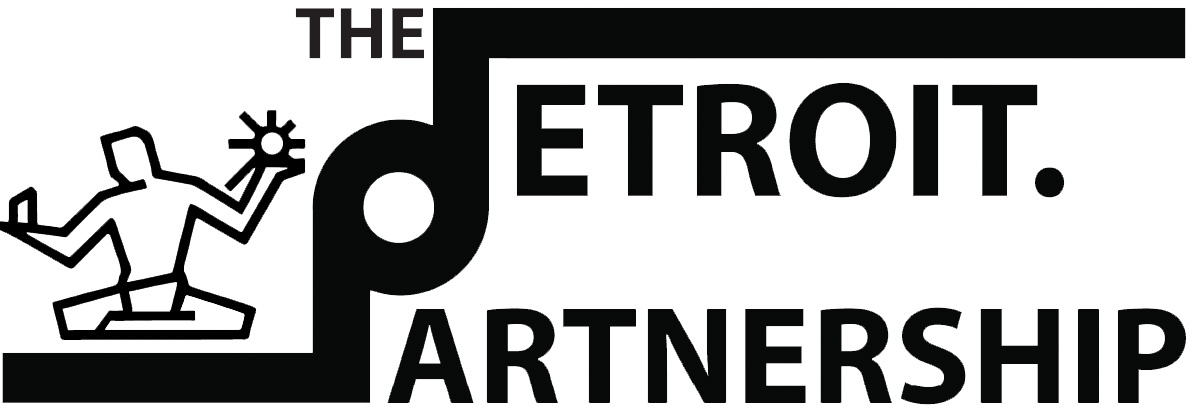Volunteering: A Two-Sided Story
Oftentimes, when people talk about volunteering, they discuss the positive impacts it can have on the people and communities at hand. And it’s true; volunteers who take the time and effort out of their days to help those in need are doing a great service for them. However, just as true a fact is the positive impact volunteering can have on volunteers themselves. A notion that can easily be overlooked, here are some of the benefits that volunteering can manifest for those who put themselves at the disposal of community service.
Connections - Through volunteering, the opportunity to form strong connections can occur in two ways. On one hand, it allows you to form a deeper connection with your community just by doing the work to make the space a better place. On the other hand, by volunteering alongside people who are just as passionate as you about the project at hand, you are able to connect with those who have a shared interest and with whom you can bond over the work you are doing together.
Fulfillment - The most common benefit that will come to most minds when talking about volunteering is the fulfillment that one feels from doing work that helps others in need. Past that though, volunteering can also help give individuals a sense of purpose and act as an outlet to explore interests and passions in a meaningful way.
Mental and Physical Health - Volunteering has also been proven to provide relief from feelings of stress, anger, and anxiety. More specifically, the meaning and appreciation that volunteers receive have been tied to stress-reducing effects and relaxation through releases of dopamine. Volunteer activities also force people to stay on the move, an added benefit for physical health; volunteers report better physical health than non-volunteers.
Though these are just a few of the benefits that can be felt from volunteering, there are two sides to every coin. In the case of volunteering, there are quite a few drawbacks that can impede an individual’s desire to engage in volunteer work. Listed below are some of the most common hurdles in volunteering.
Compensation/Costs - Most volunteer positions don’t offer payments. As such, for those in need of steady income and/or a paid position, volunteering can be a hindrance to carrying out full-time. Even part-time volunteering, alongside a paying job, can prove difficult and draining on an individual. Along similar lines, sometimes volunteering can warrant heavy costs. For instance, for those looking to volunteer overseas, necessities like airfare and lodging may prove costly.
Emotional Energy - Depending on what type of volunteering individuals engage with, certain positions can definitely be emotionally tiring. For instance, for those working with sheltered animals, elderly people, or children, it can be easy to get emotionally attached, which can lead to feelings of unhappiness if a volunteer feels they are not doing enough to make a positive difference. Such mindsets, while common and understandable, can take their toll on a person.
Lack of Structure - Oftentimes volunteer opportunities offer less structure than traditional jobs, which can make it hard for volunteers to know what their responsibilities are or what the best way for them to contribute is. In these cases, it is common for volunteers to feel that they are not making as much of an impact as they could be and can cause frustration to fester.
This overview of some of the benefits and drawbacks that volunteering can bring about is meant to illustrate that the act of service, like many other things, is very nuanced. If you are seeking to get involved in community service, it can be an amazing experience, but it is also important to be as informed as you can be about any new opportunity.
Written by Palak Srivastava (Education Team 2023-2024)
